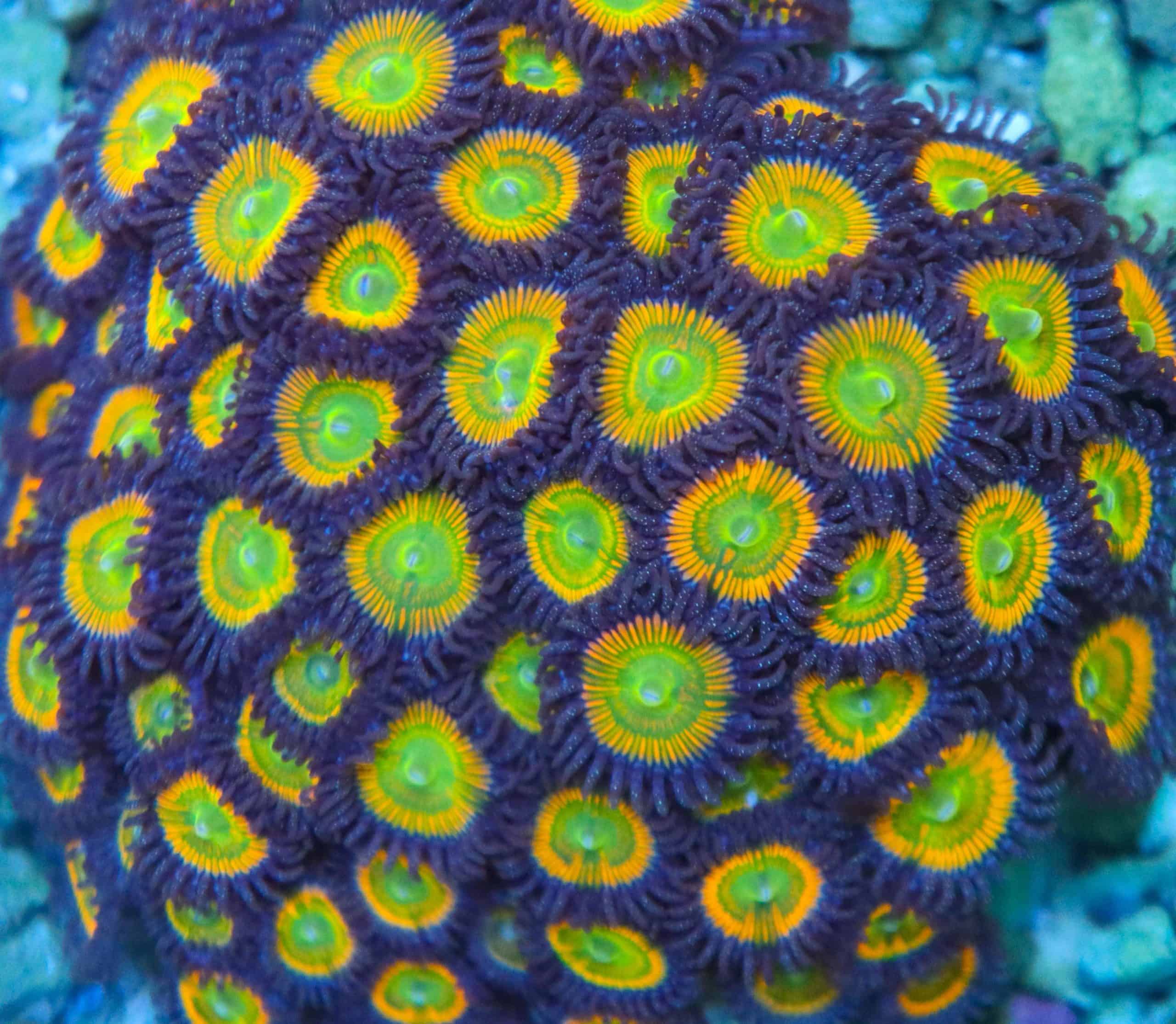
When it comes to feeding your zoanthid corals, the main thing to remember is that the food should be of a cloudy consistency. You can achieve this by using a syringe and filling it with the food. Before feeding your zoanthids, make sure to turn off the aquarium pumps. This will help prevent the food from being swept away by the pumps.
Problems with feeding zoanthids
Often times, you may be having problems feeding your Zoanthid coral. These creatures are very delicate eaters and may even close their polyps while they eat. Usually, feeding your Zoanthid coral is not a problem if you feed them in moderation. However, there are certain things you should keep in mind to avoid these problems.
The main problem is that zoanthid corals are often attacked by sea spiders. These creatures are small and can crawl inside closed polyps. Although some commercial treatments claim to get rid of these creatures, they are usually difficult to remove. The best solution is to remove the adult spiders with tweezers and to check the corals periodically for hatching spiders.
Zoanthid corals are sensitive to many factors in the water. For example, the pH level and alkalinity of the water can affect their growth. Some varieties can tolerate these different conditions perfectly, but some cannot. Therefore, it’s important to experiment to find out which conditions suit each individual Zoanthid.
Some reefers feed their Zoanthids with specialized coral food. However, you can also give them a simple food source that includes a few amino acids. While feeding your Zoanthids, you should keep in mind that they don’t require a lot of food. They are also photosynthetic and can survive in a wide range of temperature. However, it’s important to maintain a consistent temperature for them.
Lighting is another factor that affects their growth. They prefer moderate to high lighting levels, and can sometimes tolerate low levels. The best lighting settings for these creatures are around 150 Par. You can increase this number if you feel your zoanthid corals are receiving enough light.
Problems with feeding palys
Feeding Zoanthids may seem like a simple task but there are several things you need to keep in mind before feeding them. First, you should not overfeed them. This will cause an imbalance within the tank and can lead to unpleasant algae blooms. You should also avoid feeding the coral too frequently.
If you want to feed your palys, you must first understand its needs. They are ravenous eaters and will grow rapidly if fed meat. Some meat options include brine shrimp, beef-heart, and zoanthids. Always be sure to read the package carefully.
Also, make sure to inspect the corals when you receive them. Some corals may have parasites called zoas. These creatures can damage your palys. In addition, they can also be a source of disease. One common problem with zoanthids is zoa pox.
If you have never had a zoanthid before, you might be wondering if this species is right for you. This type of coral requires a consistent pH and light intensity in order to thrive. Also, zoas can be sensitive to sudden changes in light intensity. That’s why it’s a good idea to place newly acquired specimens in a dim corner of your aquarium.
If you are unsure about feeding palys zoanthid, it is best to consult a professional. Zoanthid corals are known for producing palytoxin, which can be harmful to your health. This poison is toxic to humans and other animals. It’s advisable to always wear protective gear and wash your hands after handling the coral.
If you’re having trouble feeding palys zoanthids, you can try different types of food. Some corals are sensitive to certain foods. For example, some algae will cause your zoanthid coral to die. You can also use a fine paint brush to remove film algae from the surface of the coral.
Having a healthy Zoanthid colony in your tank is exciting to watch. However, this coral needs special attention and care to thrive. In addition to proper feeding, you should also be careful when handling it. Make sure to use protective gloves, eyewear, and breathing masks when handling it.



